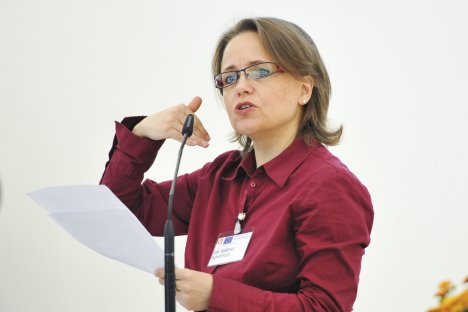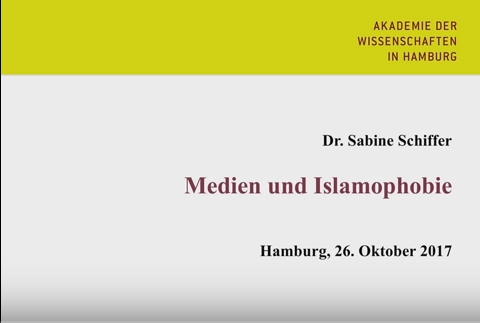Verantwortung
für Medien, durch Medien, mit Medien
Medien nehmen auf unser Leben zunehmend Einfluss. Ob Buch, Fernsehen oder Internet – sie unterhalten und informieren uns. Sie vermitteln uns Wissen und strukturieren gleichzeitig unsere Vorstellungen von der Welt.
Ein verantwortlicher Umgang mit Medien wird darum immer wichtiger für eine funktionierende Demokratie in einer sich globalisierenden Welt. Medienverantwortung bedeutet dabei nicht nur die Verantwortung der Medienschaffenden gegenüber Bürger und Staat, sondern auch die Verantwortung der Mediennutzer – also von uns allen.
 Erklärung des IMV als PDF hier: Freie Meinung Machen!
Erklärung des IMV als PDF hier: Freie Meinung Machen!
Damit jeder positiv auf öffentliche Prozesse einwirken kann, ist eine entsprechende Medienkompetenz erforderlich. Wer etwa die Entstehung von Mediendarstellungen nachvollziehen kann, wird deren Inhalte souveräner beurteilen lernen. Wer Wirkungspotenziale abschätzen kann, stellt die Frage nach den eigenen Handlungsmöglichkeiten in jeder Situation neu. Medienethik, Medienpädagogik und Friedensjournalismus geben hierzu die nötigen Hilfsmittel an die Hand. Diese vermittelt das Institut für Medienverantwortung in zielgruppenorientierten praktischen und theoretischen Einheiten – und immer besonders anschaulich.
Wir wenden uns damit an alle Mediennutzer – junge und alte Menschen, Multiplikatoren wie Eltern und Pädagogen sowie Medienschaffende gleichermaßen.
In English
In English
In English ![]()
Whenever communication takes place, a hidden danger of various possible misunderstandings is also present. This applies just as well to communication through the mass media which constitutes an important part of the public discourse. It has become evident that freedom of speech and freedom of the press alone, although important and necessary for guaranteeing neutral and comprehensive coverage are not quite sufficient. Even in a system of free expression stereotyped media coverage can influence our assessment and eventually our attitudes. The work of Media Responsibility Institute focuses on the underlying mechanisms of this process.
Better understanding can be achieved if one becomes aware of how views and opinions are formed. The influence of the media must not be underestimated in this context. If one understands that any given kind of representation is just one of many possible constructions, it becomes clear that the media cannot depict reality. Realizing that is one important first step. Deliberately designed programs however, can be used to train a more sophisticated perception, e.g. by adding different perspectives to one-sided everyday experiences.
The objective of Media Responsibility Institute is to raise the awareness of these processes, of the potential risks and chances they present to us, and in that way to facilitate the communication between the mass media and the public. Apart from surveys and analysis of media products, the institute focuses on activities such as publications, workshops, lectures, seminars, lesson concepts and supporting material. The institute works in close cooperation with other media educational institutions in order to further develop media education and avoid its limitation to technical skills and know-how. Competence implies critical reflection of structures preset by the media, yet does not exclude approaching the subject form a practical perspective as well.
The core competencies of linguistics, semiotics and cognitive science form the basis of our work. Our aim is to provide relevant assessment criteria for media-constructed messages.
 Institut für Medienverantwortung
Institut für Medienverantwortung


